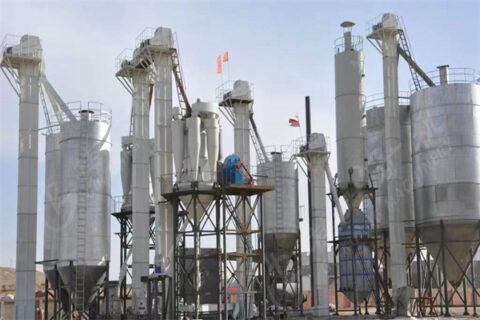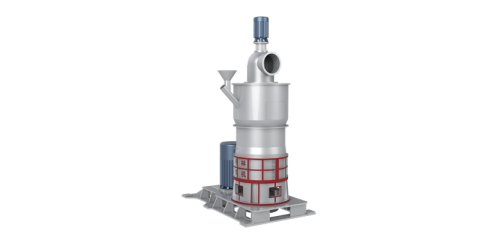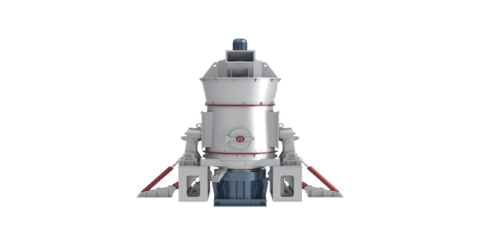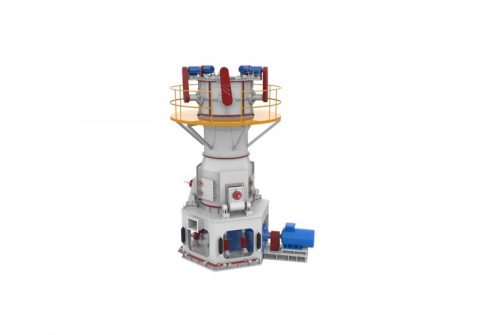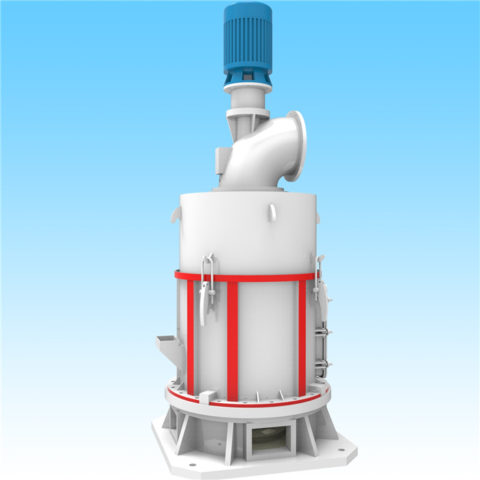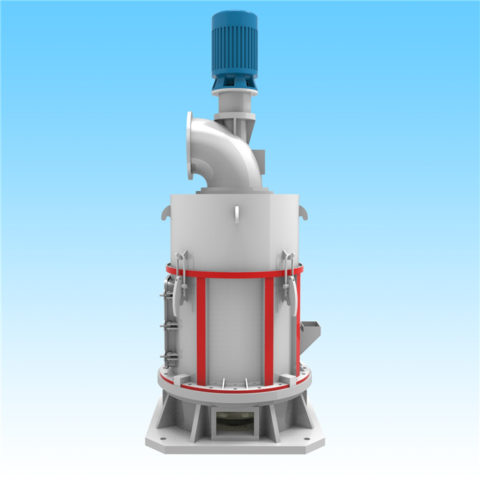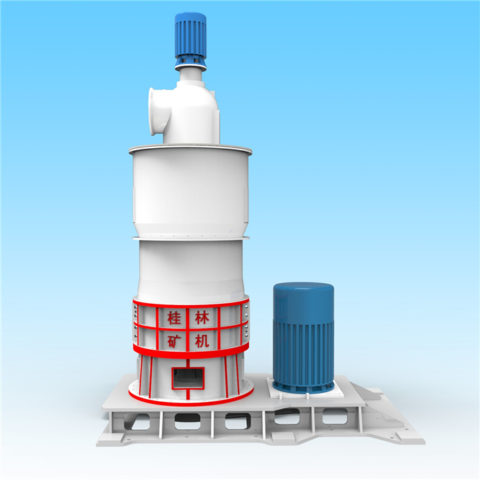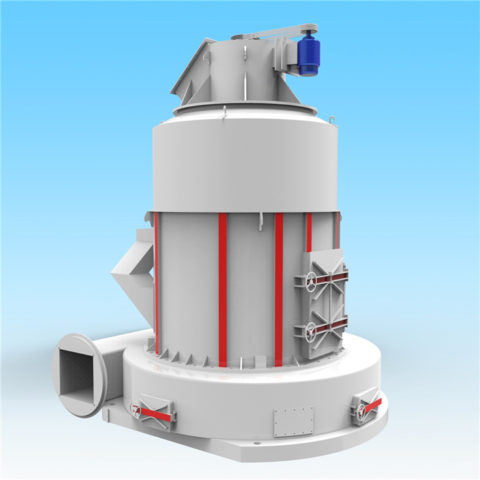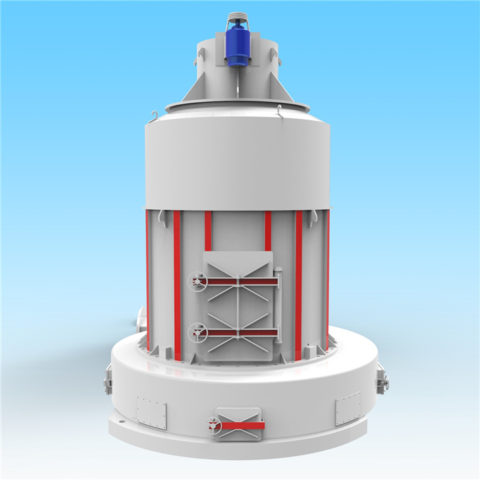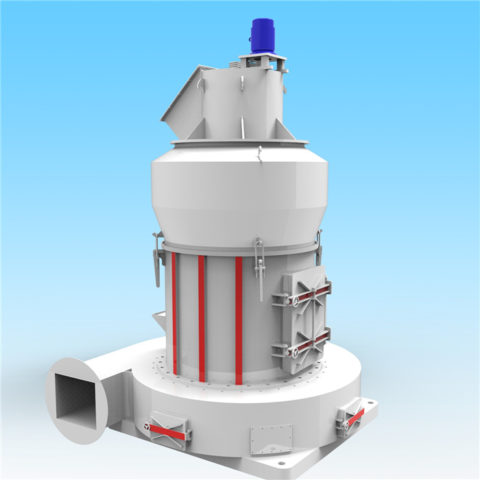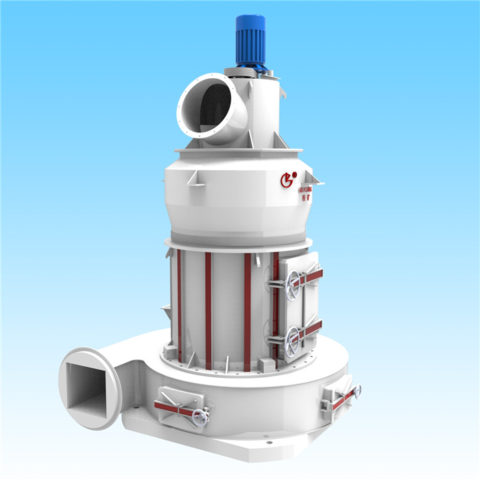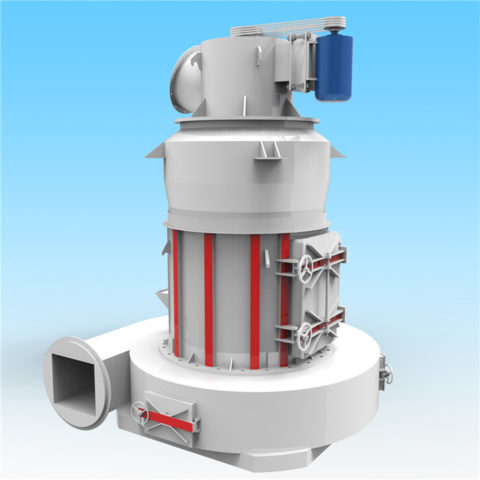Equipment maintenance is essential to ensure equipment safety and efficient operation requiring particular stress laid. During operation, equipment may encounter abnormalities due to changes in the use of equipment; furthermore, there may be loosened foundation bolts and other fasteners, consumed lubricants, wear of parts, dirt and so on. These will deteriorate the equipment. Failure to take necessary measures may result in premature wear and/or severe equipment failure, resulting in reduced service life of equipment.
1. Routine inspection: routine inspection and maintenance of the vertical grinding mill may avoid unplanned downtime of the equipment due to improper lubrication. Regular inspection allow wear parts can be replaced in time to ensure the normal operation of equipment.
2. Normal check:
(1)Daily check: an overall check of the grinding mill
a) Observe whether there is abnormal noise and vibration, check whether the foundation bolts are loosened; and whether the grinding mill and reducer oil levels are within the normal range.
b) Check whether the oil pump works normally, the oil pressure and temperature are within the specified range, and the cooling water is unblocked.
c) Daily check of lubrication points of operating parts of classifier, airlock feeding valve and other equipment and inject lubricants according to the lubrication requirements provided.
d) Check the foundation bolts of all major equipment for losse.
(2)Weekly check:
a) Check the seal of hydraulic rod of the grinding mill and the oil level of the lubricant of the hydraulic station.
b) Check all seals; adjust or replace the rubber plate of airlock feeder, if necessary. Upon shutdown, observe the wear conditions of roller sleeves and liners; flip the side, if necessary.
c) Check the wear conditions of blades of the classifier.
(3)Key check after long-term downtime:
a) Check wear and lubrication conditions of grinding rollers.
b) Check fastening conditions of wear parts on the plate.
c) Check wear conditions of rollers, disc, liners and other internal parts of the grinding mill.
d) Check whether there is oil leakage of the cylinder; replace if necessary.
e) Check how much the outlet of grinding mill is worn.
f) Check how much the airlock feeder is worn; replace if necessary and carry out repair welding where it is worn.
g) Check the seals of all man holes, access doors and flanges, replace if necessary.

